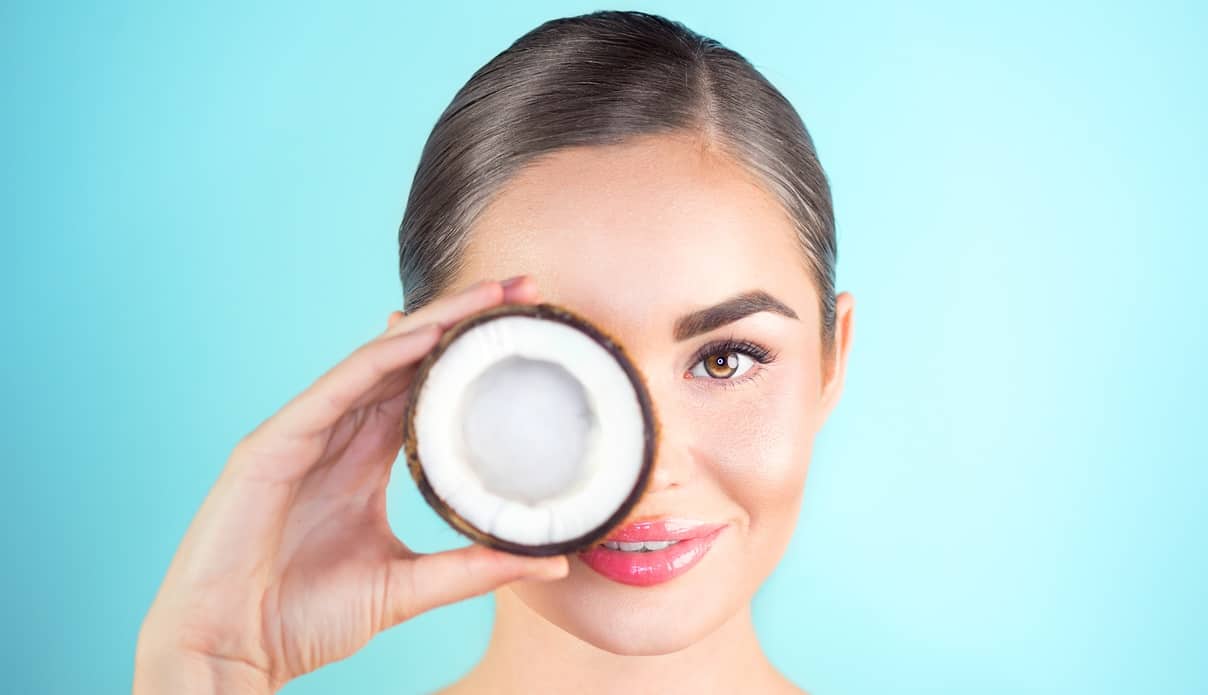“All things come from within.” You have heard this phrase. It speaks the truth as the human body is a synergy of interrelated and interconnected mechanisms and processes. Often, you might not know what is going on in your body and mind, but your thoughts and psychological activity do have their say in your appearance. What takes place within can have a strong influence on your skin health. Read on to find out how psychology impacts your skin.
Chapter Overview
1. Skin as a Translator
Human skin serves as a barrier not only for the internal organs. Your mind can try to convey what is happening within your organism through your skin. It has its language to communicate with you, and it is your task to interpret it. All the skin conditions are more or less related to hormones, which are the cornerstone of the human psyche. Hence, when you spot something new on your skin, try to remember what preceded it and what could have triggered that type of response.
2. Skin as a Barrier
Human skin is the shield protecting both physiologically and psychologically. It tries to prevent contact with other people, which can be hazardous or negative. People often report that they get pimples or spot some rush after communicating with someone they don’t like. So it should not be a surprise that different skin conditions, like psoriasis or eczema, are connected to stress. When the body feels bad inside, its barrier suffers too. If you want to take care of your skin there are some dermatology services.
3. Stress and Skin
Stress is something that none can prevent as it takes place every day. It catalyzes for humans to evolve and to test the limits of their skills. However, on the other hand, stress damages the body if you don’t address it for a long time. For instance, there is some evidence that prolonged stress can hurt and cause derangements in the epidermis. A study published in Jama Network Open titled Psychological Stress Perturbs Epidermal Permeability Barrier Homeostasis: Implications for the Pathogenesis of Stress-Associated Skin Disorders suggests that such a link can exist. “….These findings point to a potential pathogenic link between psychological stress, permeability barrier homeostasis, and the induction, exacerbation, and propagation of inflammatory skin disorders.” Takeaway: stress and skin health are interconnected and influence each other.
4. Unhealthy Eating Habits
The brain controls all the eating processes and releases the necessary hormones or signals to get some nutrients. The bottom line is to understand why it does that when you know that you crave unhealthy food. You can consciously recognize soda or cookies as harmful, but inner stronger power longs for that specific food. Very often, this can be linked to childhood memories that trigger emotions that your reality lacks.
For example, when you experience stress and negative emotions constantly, you lack pure happiness. The brain remembers that you used to feel happy when given a cookie, and suddenly you are out of a cakery with a cake to restore the balance of positive and negative feelings inside. Later, that added sugar will affect your skin and may cause inflammation.
5. Overall Mental Health
One can elaborate on the importance of constantly taking care of her mental health and improving it for eternity. However, what’s the point of speaking when that is the only thing that many do. Yes, looking after your mental health is being advertised widely nowadays, but how many do that. Not many, and the pandemic affected that practice a lot.
The well-being of your mental health is the critical factor to having glowing skin. This includes not only pleasurable rituals, like allowing yourself to have a regime, but also introducing some consistency into your day. Improper sleeping and active hours are the first enemy of strong mental health, consequently, your skin.
Taking care of your mental health will benefit all the aspects of your life, and having shining skin will be one of them.

